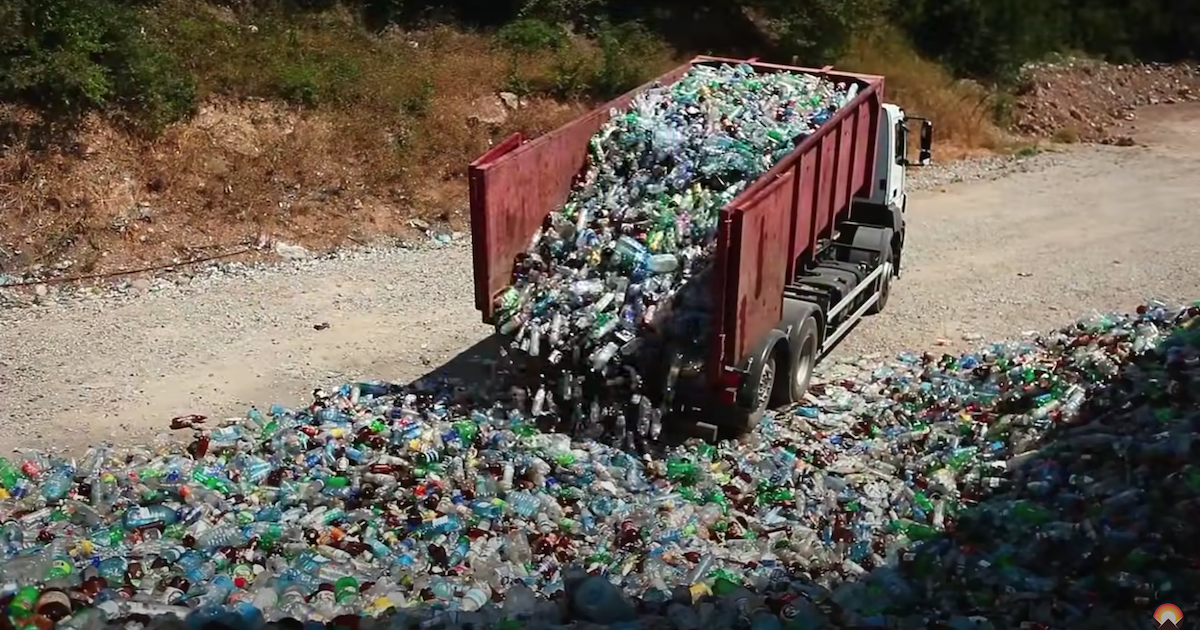Plastics are an incredibly depressing topic. I have questions!
- I have heard that the price of virgin plastic is so cheap because important inputs are produced as byproducts of other petroleum processing. If those byproducts weren’t being made into plastic, would it be easier or harder to handle their environmental impact?
- Plastic has a lot of properties that are desirable for packaging. I’m sure there are many of those properties that can be reproduced by analogues if those analogues are produced at scale and thus cost-efficient. What do materials scientists think would be harder to get right?
- Do governments fund materials research into plastic replacement?
- Where do economists think it would be most effective to tax plastics to reduce their use / environmental impact? (I.e. at which stage of the production pipeline?)

- I have heard that the price of virgin plastic is so cheap because important inputs are produced as byproducts of other petroleum processing. If those byproducts weren’t being made into plastic, would it be easier or harder to handle their environmental impact? Easier. Those byproducts were in one place and the result of one process by one firm (or a small handful of firms) whose competency is converting crude oil. Instead, plastic is everywhere, in all sorts of forms and qualities. Virtually any substance would be easier to control than the trillions (quadrillions?) of pieces of microplastic strewn across the earth, in the ground, and in the oceans.
- Plastic has a lot of properties that are desirable for packaging. I’m sure there are many of those properties that can be reproduced by analogues if those analogues are produced at scale and thus cost-efficient. What do materials scientists think would be harder to get right? I know a materials scientist but I am not one, so I am really speculating but I would say that the solution would just be biodegradable plastic.
- Do governments fund materials research into plastic replacement? Oh yes. https://www.grants.gov/web/grants/search-grants.html?keywords=plastic
- Where do economists think it would be most effective to tax plastics to reduce their use / environmental impact? (I.e. at which stage of the production pipeline?) I’m only including this question just to say that I’m not sure of that research but I will say that one of the functions of a government is to be a prime mover and to not act with a profit motive. Since a state that is a sovereign issuer of currency can have unlimited funding (with only a few constraints), then it is probably most effective to fund the replacements and subsidize them than it is to tax at any point in the supply chain, especially considering how petro-plastic is an international phenomenon.


